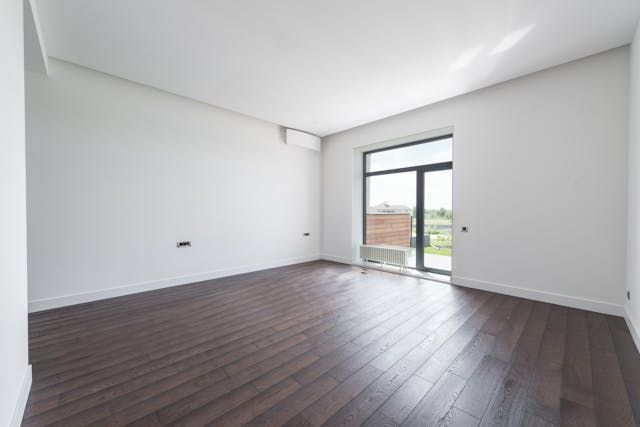Tips On Boosting Your Rental Property's Curb Appeal
Improving curb appeal for property owners involves enhancing the outward appearance of a property to make it more attractive. Here are a few tips to achieve that:
Landscaping
Taking good care of the outdoor area can make your property look better. It includes keeping the grass neat, trimming bushes, and making sure flower beds don’t have weeds. Well-manicured lawns make the place look nice to prospective tenants.
Exterior Repairs
It is essential to address any visible exterior issues, such as chipped paint, damaged siding, or broken fixtures. These flaws can significantly affect the property's overall appearance. Fixing them not only makes your property more attractive but also demonstrates your commitment to maintenance.
Fresh Paint
A fresh paint job can really spruce up your property. Choose modern, neutral colors for a clean, well-maintained look that appeals to a wide range of potential tenants.
Attractive Entryway
The entrance to your property is the first thing tenants and visitors will notice. Ensure it has a well-maintained pathway, a tidy porch/ entry area, and a welcoming front door. Adequate lighting in this area is crucial for both safety and aesthetics.
Cleanliness
Maintaining a clean exterior is essential. This includes regular cleaning of walkways, driveways, and any outdoor surfaces. Clean windows and fences also contribute to the overall tidiness of your property.
Lighting
Exterior lighting can significantly change your property's look, especially during the evening. Thoughtfully positioned lights not only improve security but also create a cozy and welcoming vibe. Opt for gentle, energy-efficient lighting to brighten essential areas.
Outdoor Furnishings
Outdoor furniture, like a compact seating arrangement on a porch or patio, can create a comfortable and inviting setting. It reflects comfortable living within the property.
Seasonal Decor
Decorating with seasonal elements, like potted plants, seasonal wreaths, or holiday lights, can demonstrate ongoing care for the property and create a welcoming feel for potential tenants.
Security
Lastly, ensure your property's exterior feels safe and secure. Check that locks and outdoor security features work well. The owners' focus on safety ensures tenants feel secure, which is a crucial aspect in search for a new home.
For property owners looking for assistance in managing their rental properties, Hunter Rentals & Sales provides an extensive array of property management services. Our comprehensive solutions encompass every aspect of property management, including tenant search, rent collection, maintenance, and reporting. We prioritize maximizing the property's potential while ensuring a hassle-free experience for owners.
Visit us at our location, 1503 W Stan Schlueter Loop, Killeen, TX 76549, United States, to discuss how our services can benefit your investment. Feel free to call us at (254) 634-3311 to schedule an appointment.







